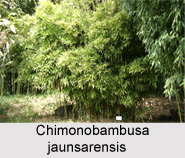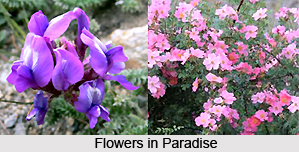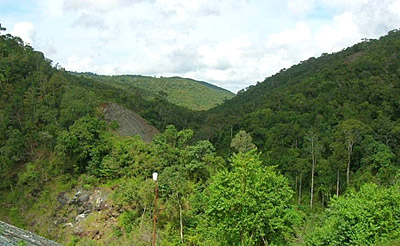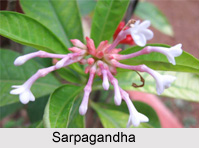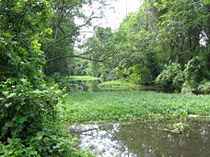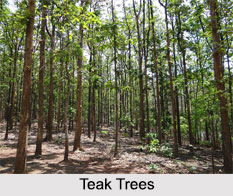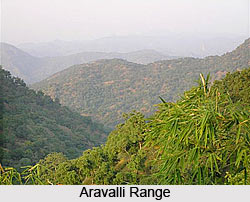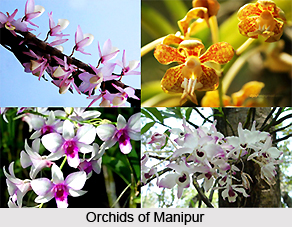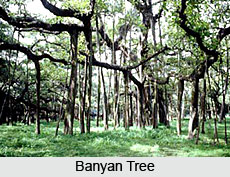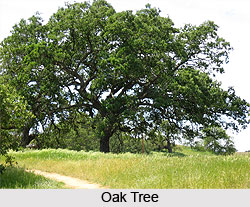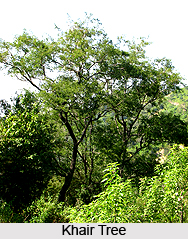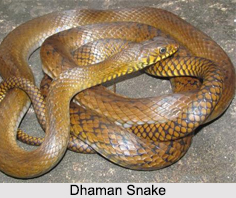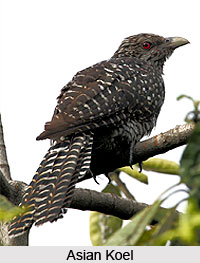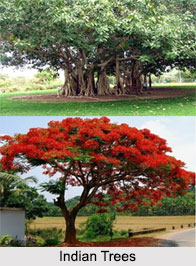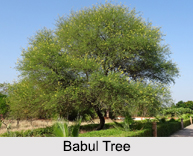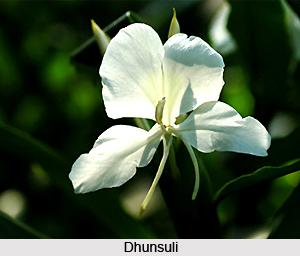 Dhunsuli is a stout perennial herb which is grown as an ornamental plant is various gardens in India. This plant is of high medicinal use and it is used to get relief from swelling, headache, etc. The Botanical name of Dhunsuli is Hedychium coronarium Koenig and it is known as common ginger lily in English. This medicinal plant is widely distributed in moist subtropical and tropical regions of Asia from India eastwards to Malaysia. It is commonly grown in gardens as an ornamental plant in almost all parts of India.
Dhunsuli is a stout perennial herb which is grown as an ornamental plant is various gardens in India. This plant is of high medicinal use and it is used to get relief from swelling, headache, etc. The Botanical name of Dhunsuli is Hedychium coronarium Koenig and it is known as common ginger lily in English. This medicinal plant is widely distributed in moist subtropical and tropical regions of Asia from India eastwards to Malaysia. It is commonly grown in gardens as an ornamental plant in almost all parts of India.
Dhunsuli is usually one to two meters tall. The rootstock is stout, horizontal, fleshy and jointed, and it is about 2.5 to 5 centimetres thick bearing leafy shoots. The leaves of this medicinal plant is large, with long, clasping sheaths, distichous, oblong-lanceolate, apex acuminate, base attenuate, glabrous above and glabrous or sparsely pubescent beneath and on the midrib and the sheath is smooth. The ligule is 1.8 to 3.2 centimetres long and it is membranous. The flowers of this plant are white, showy, fragrant, borne in dense oblong spikes about 10 to 20 centimetres long; bracts closely imbricate, ovate, obtuse, at first green then turning brown, each subtending 3 to 6 flowers; three bracteoles, membranous; calyx is 2.5 to 3.8 centimetres long, cylindrical, green, shorter than the bracts; corolla tube c. 7.6 centimetres long, segments linear, half as long as the tube and reflexed. The fruits (capsules) of Dhunsuli are oblong, glabrous, and yellow inside. There are various seeds in the fruit with a crimson aril.
The ground rhizome is used as a febrifuge by the Mundas of Ranchi district in Bihar. A decoction of the rhizome is regarded as anti-rheumatic, excitant and tonic. The juice from the base of the stems of Dhunsuli is reportedly used externally to relieve swellings. Among the Gadabas, Porjas and Khonds in the Eastern Ghats of Andhra Pradesh, the rhizome and leaf paste are applied to the forehead to relieve headache and to the body to treat swellings. The juice obtained from the crushed roots, warmed with water and filtered, is used as eyewash to relieve redness, swollen eye, pain, and excessive excretions among the Baigas of North-eastern Madhya Pradesh. Among the tribal inhabitants of Orissa, a paste made from the crushed flowers and black pepper is taken orally for dysuria. In Ayurveda, the rhizome of Dhunsuli is used as a substitute to that of Hedvchium spicatum for treating dyspnoea, oedema, distaste and wounds. The stems of this medicinal plant are a useful raw material for paper-making. The flowers of this plant are used for making perfume in Hawaii.
